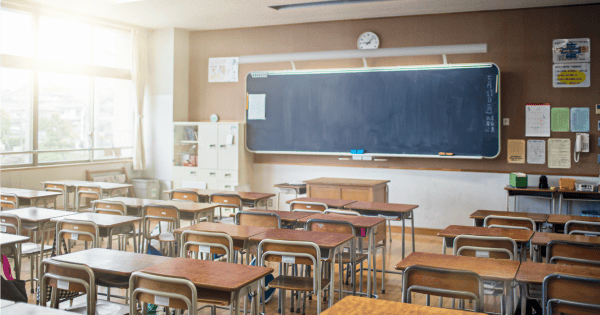
I do not know a single educator who loves standardised testing. NAPLAN, of course, like the HSC, is a standardised test. Mind you, NAPLAN (unlike the HSC) was not designed as a standardised test, it was originally a diagnostic test (the kind of test educators do support). A diagnostic test does not pit student against student, school against school or state against state. It is designed to be used by teachers so they can see where their students are at and who they need to give extra support.
I do know some education researchers who love NAPLAN and the MySchool website because it is a treasure trove of data. Data which has led to much of the return to public schools, particularly in middle class areas, (but that is another story.)
The English speaking world’s obsession with standardised testing indicates something very important about our changing attitudes to education. Standardising inputs and equipment is the sort of thing we do in factories because it makes mass production cheaper and so minimises costs and maximises profit. Such results are called ‘increasing productivity’ and are worshipped by the economic rationalists who still dominate public life.



Top Comments
Whichever way you want to package it, we spend a comparatively high amount per child to educate them - not as much as the US but more than China and South Korea - yes those two countries trounce our kids in terms of mathematical and English literacy. Singapore, which spends a similar amount to Australia, also delivers children with superior maths and English literacy. So no, spending more/less will not ipso facto result in better/worse education outcomes. Our education system simply does not perform well.
I don't get all fuss about standardised testing. It's necessary for students, parents and schools, each for their own reason. Students and parents so they are able to pinpoint weaknesses in key learning areas and schools need to know whether their teaching methods are working.
The problem is with some parents and teachers putting way to much pressure on kids to perform. My kids (both sitting it this year) know that it's an important test, but also that it's only a small part of their schooling. I haven't pushed any extra revision and neither has the school apart from a couple of practice tests to get them used to the format. I hope I still have the same attitude when it comes time for them to sit the HSC (a form of standardised testing that no-one seem to disagree with...)